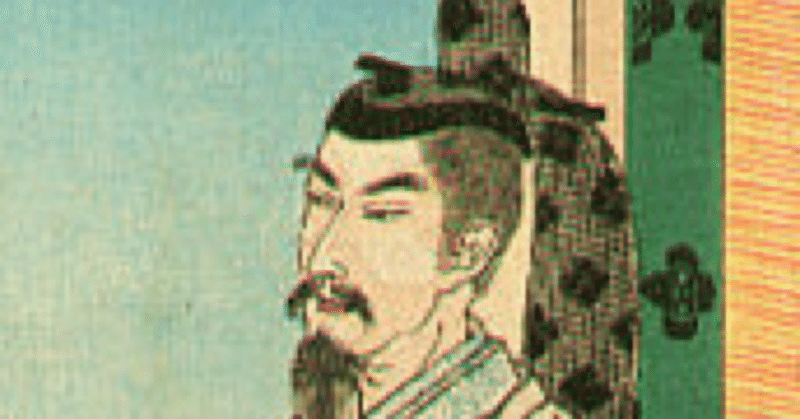
ChatGPTの『日本書紀』英訳 仁徳天皇 17
『日本書紀』仁徳天皇 17
卅年秋九月乙卯朔乙丑、皇后遊行紀國、到熊野岬、卽取其處之御綱葉葉、此云箇始婆而還。於是天皇、伺皇后不在而娶八田皇女、納於宮中。時皇后到難波濟、聞天皇合八田皇女而大恨之、則其所採御綱葉投於海而不著岸、故時人號散葉之海曰葉濟也。爰天皇、不知皇后忿不著岸、親幸大津待皇后之船而歌曰、
那珥波譬苔 須儒赴泥苔羅齊 許辭那豆瀰 曾能赴尼苔羅齊 於朋瀰赴泥苔禮
時皇后、不泊于大津、更引之泝江、自山背𢌞而向倭。
≪英訳≫
In the autumn of the 30th year, on the 11th day of September, the Empress visited the province of Ki and arrived at Cape Kumano. There, she picked three Kashiwa (oak) leaves and then returned. During the Empress's absence, the Emperor learned that she was not around and summoned Princess Yata into the palace.
When the Empress reached the Naniwa crossing, she heard that the Emperor had summoned Princess Yata and felt greatly resentful. She threw the three oak leaves she had picked into the sea and did not stay onshore overnight. The people of that time named that part of the sea "Kashiwa no Watari" (the crossing of the oak leaves) because of this incident. Unaware of the Empress's anger and her decision not to stay ashore, the Emperor affectionately came to Naniwa's Otsu, waiting for the Empress's boat.
He then composed this poem:
"O people of Naniwa, pull the bell-adorned boats, wade up to your waists in water, and pull the grand imperial boat."
However, the Empress did not stay in Otsu but turned around, went upstream from the river, circled back through Yamashiro, and made her way to Yamato.
≪この英文の和訳≫
三十年の秋、九月十一日に皇后は紀国(きのくに)を訪れ、熊野岬(くまのみさき)に到着されました。そこで三枚の柏(かしわ)の葉を拾い、帰路につかれました。皇后が不在の間に、天皇は皇后がいないことを知り、八田皇女(やたのひめみこ)を宮中にお呼びになりました。
皇后は難波(なにわ)の渡し場に着かれたとき、天皇が八田皇女をお召しになったことを聞かれ、非常にお怒りになりました。皇后は拾われた柏の葉を海に投げ入れられ、その夜は岸辺にはお泊まりになりませんでした。当時の人は、その海域を葉濟(柏(かしわ)の渡り)と名付けました。皇后のお怒りやお泊まりにならなかったことを知らない天皇は、親しく難波の大津(おおつ)にお出でになり、皇后の船をお待ちになりました。
そして、次の歌をお詠みになりました
「難波の人よ、鈴(すず)のついた船を引け。腰まで水に浸かって、その船を引け。大御船(おおみふね)を引け」
しかし、皇后は大津にはお泊まりにならず、そこから引き返し、川を遡って山城(やましろ)を廻り、大和(やまと)へ向われました。
令和6年5月4日(土) 2024
この記事が気に入ったらサポートをしてみませんか?
